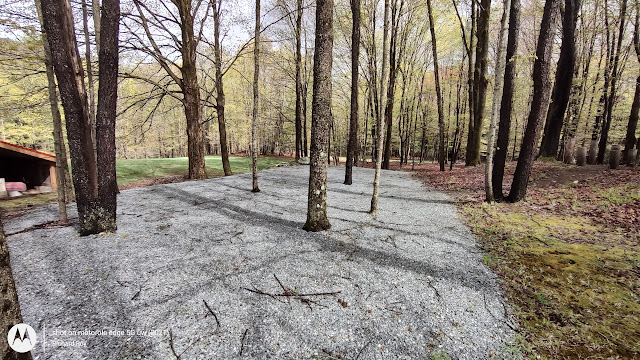 The two distinct tasks to achieve mastery are:
The two distinct tasks to achieve mastery are:1) Learning the material from a competent teacher.
This is material that you intend to refine and *master through practice and further study and contemplation.
*(relative term I'm using for training what's in the mind to descend into the body)
Commonly called 'muscle memory'. Once (whatever) is repeated enough times, it no longer takes conscious thought. The body and unconscious mind know the way!!
Practice enough so that you do not have to think about as much.
This especially relates to sequences as in a Form.
You will need enough material to get started but not too much.
If you have too much material to practice, the time it will take to correctly practice all of it, will eventually become too big a burden.
Large daily practices take time and effort to develop for everyone.
2) The regular practice of said material.
It's important to choose the correct amount material to commit to daily practice.
Once that material is covered then you are always free to continue training, whatever resonates with you on that particular day, or you can continue practicing by improvising (Yin Training).
Eventually you will be able to improvise with everything and anything that you have sufficiently practiced.
Improvising should feel easy and light.
My technique for successful results; Daily practice with good sleep in between sessions.
Attempting to balance Time, Effort and Patience.
Balancing study with physically practicing.
Balancing still training with moving training.
Balancing single movement repetitive training with sequential movement training
Balancing fixed movements (Forms) with improvisation using the movements from the Forms and also creating new movements by synthesizing, absorbing and assimilating the movements from a Form over an extended period of time.
Realize progress will take time, even when you are consistent.
There are no shortcuts other than consistent effort.
If you are practicing regularly and correctly you will become inpatient.
Expecting results to come quicker is something that most everyone will experience. It's critical to not pay too much credence to those feelings and just put one foot in front of the other and keep going!
Do Not Quit - Ever!
If you are practicing correctly it will cycle from feeling great to not so much on any given day.
Strive to empty yourself of any expectation from any single practice session.
Be sure to regularly practice the basics, no matter the endeavor.
In my opinion #2 is significantly more challenging than #1. I've been at this project for nearly 50 years and I still have days where I am challenged to find a spot and a time to practice.
Getting in the 'correct' spirit and mind set is particularly challenging on those days. At times it takes my entire practice to calibrate my thinking. I find it helpful to read a few passages and/or mentally tune into the 'idea' for that days practice.
Skill comes from ones continued effort towards perfection even though you know that that will be impossible on a consistent basis.
Occasionally 'perfection' will happen.
IF you persist!
Most importantly: Enjoy your practice!











































